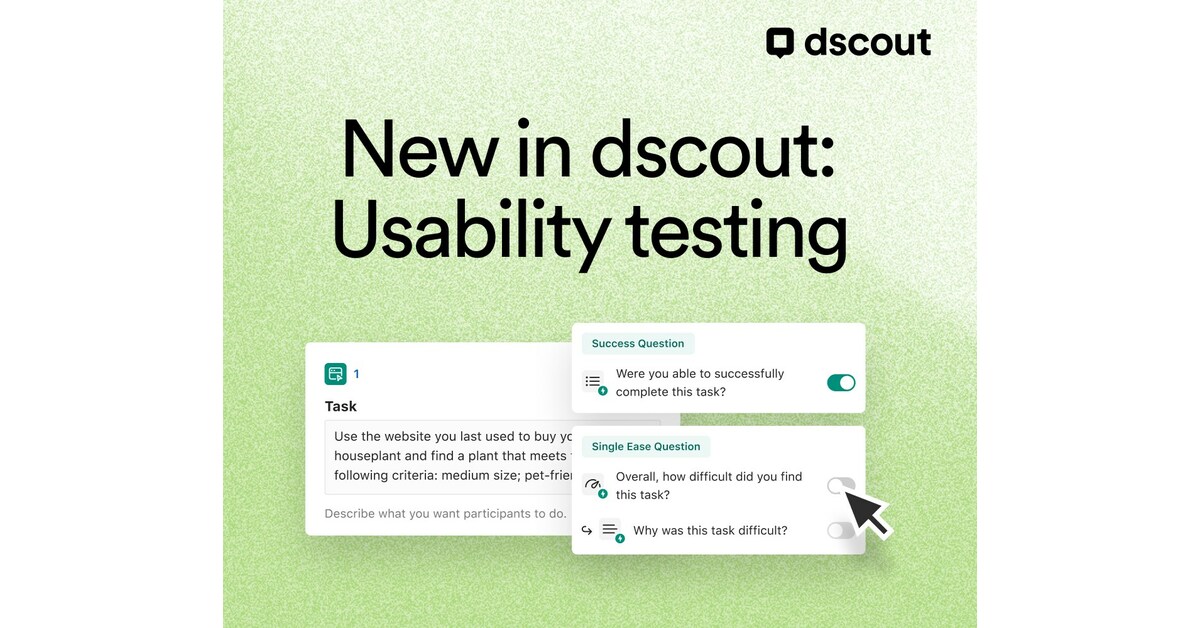Suggestions
Michael Winnick
dscout / founder
Michael Winnick is the founder and CEO of dscout, a mobile research platform that helps businesses capture user insights, thoughts, reactions, and behaviors efficiently.14 As a leader in the field of user research and product development, Winnick has extensive experience and expertise in reshaping consumer technology landscapes.1
Career Background
Before founding dscout, Winnick served as the Managing Partner at gravitytank, an innovation consultancy. He led the company through significant growth for nearly a decade before its acquisition by Salesforce.13 His earlier career included:
- Leading product development efforts at Wired Magazine
- Working with Bay Area startups1
Education and Teaching
Winnick's educational background includes:
- A BA from Stanford University
- Alumni status at IIT Institute of Design (ID)1
He has also contributed to education in his field by:
- Teaching graduate courses on concept definition at ID
- Serving as adjunct faculty at Northwestern University's Kellogg School of Management1
Expertise and Influence
Winnick is recognized for his expertise in:
- User research methodologies
- Product design
- Innovation in consumer technology
His insights are frequently sought after by leading product designers and researchers.1 Winnick has spoken at industry events and shared his perspectives on how user research has evolved over time, emphasizing the importance of understanding user behavior in real-time contexts.23
Approach to Research and Technology
Winnick advocates for a deep understanding of user behavior and context in product development. He has led studies on mobile usage patterns, revealing insights into how people interact with their devices throughout the day.3 His approach combines quantitative data with qualitative insights to provide a comprehensive view of user experiences.
At dscout, Winnick has been instrumental in developing tools that allow researchers to capture real-time, contextual data from users, moving beyond traditional research methods to understand the "why" behind user behaviors.3
Highlights



